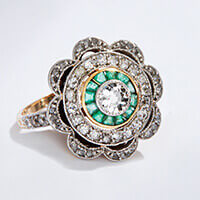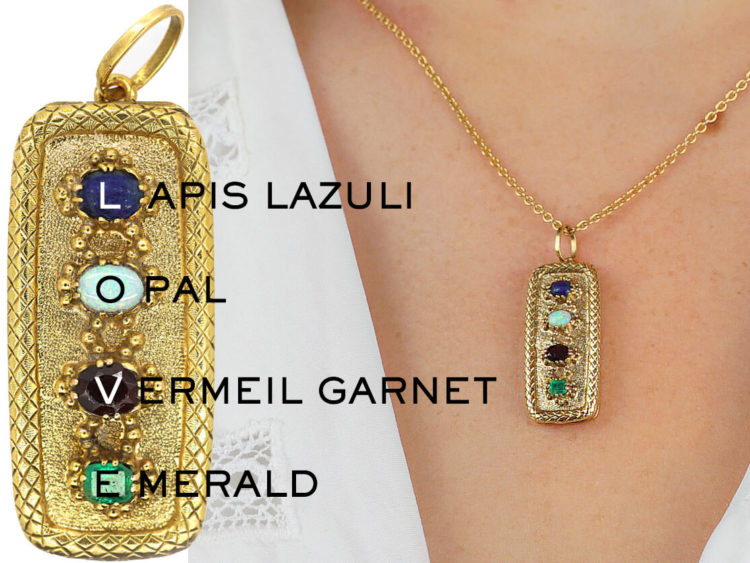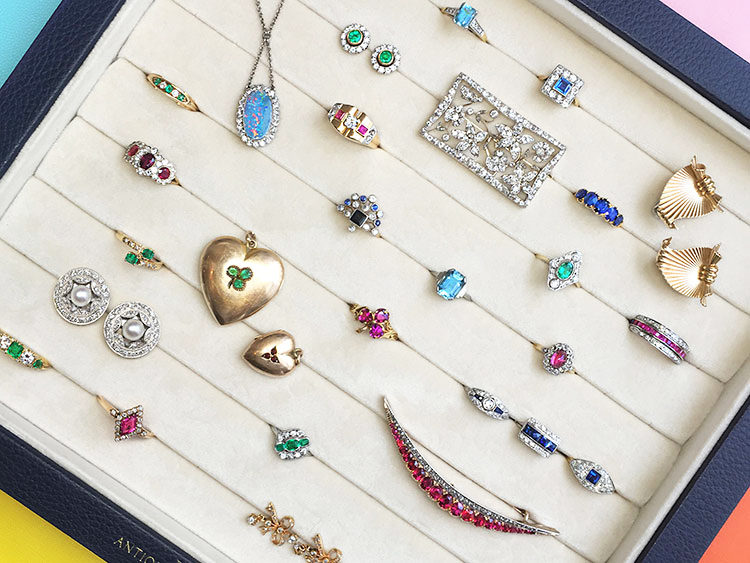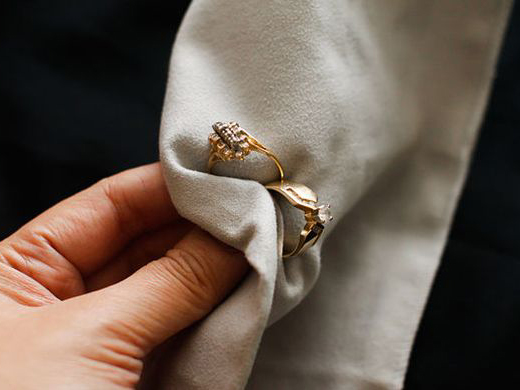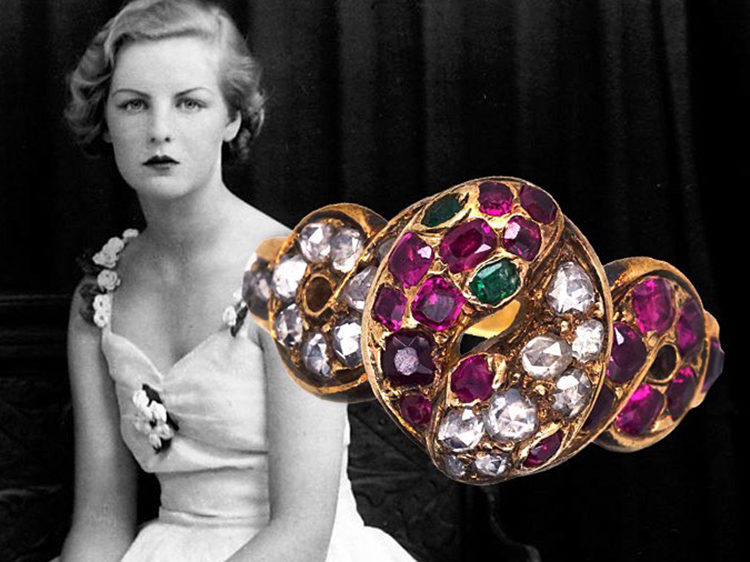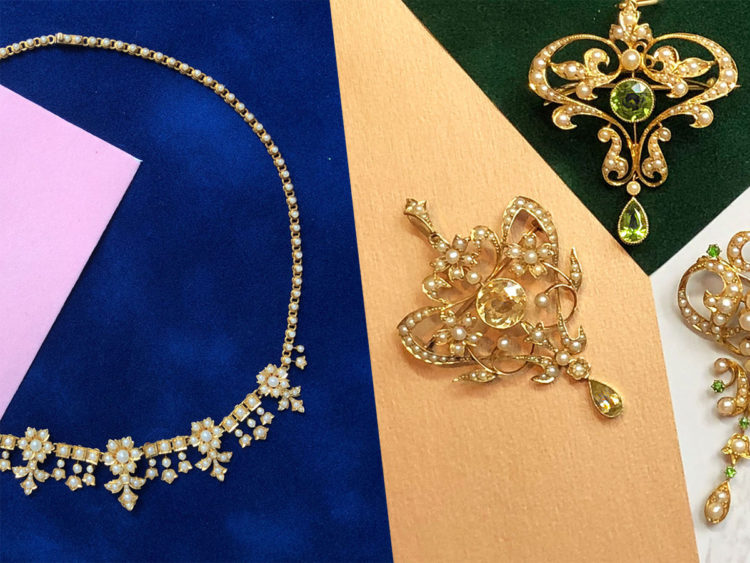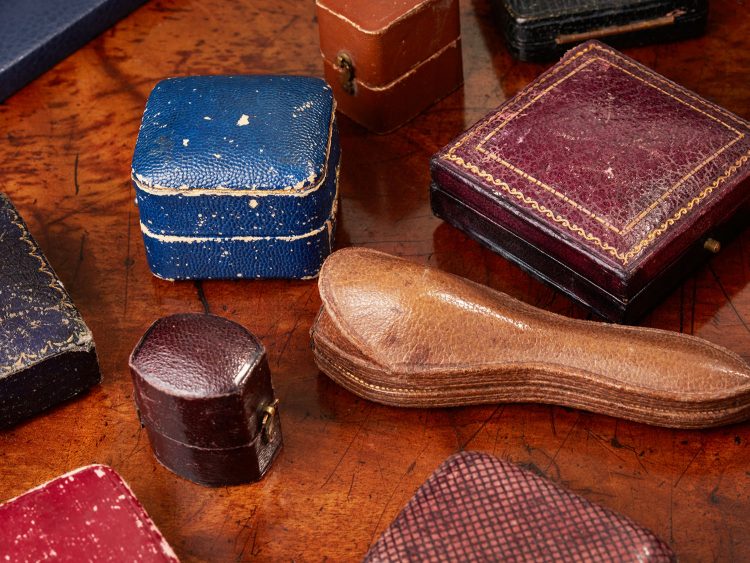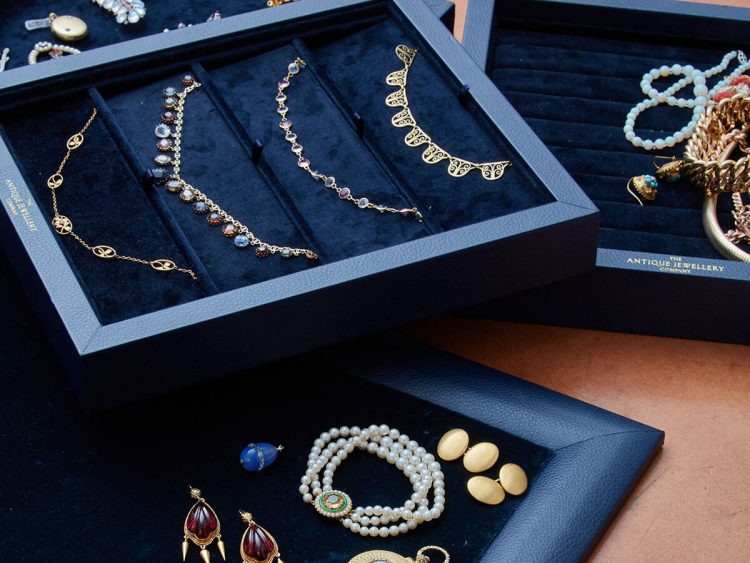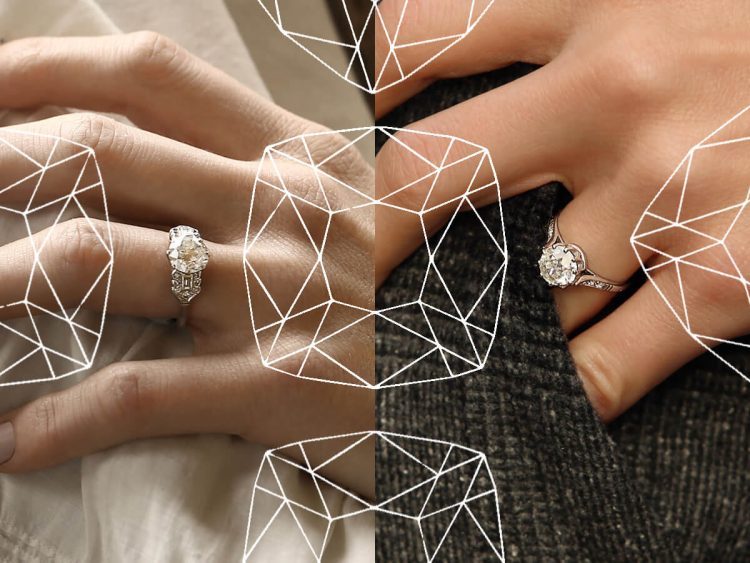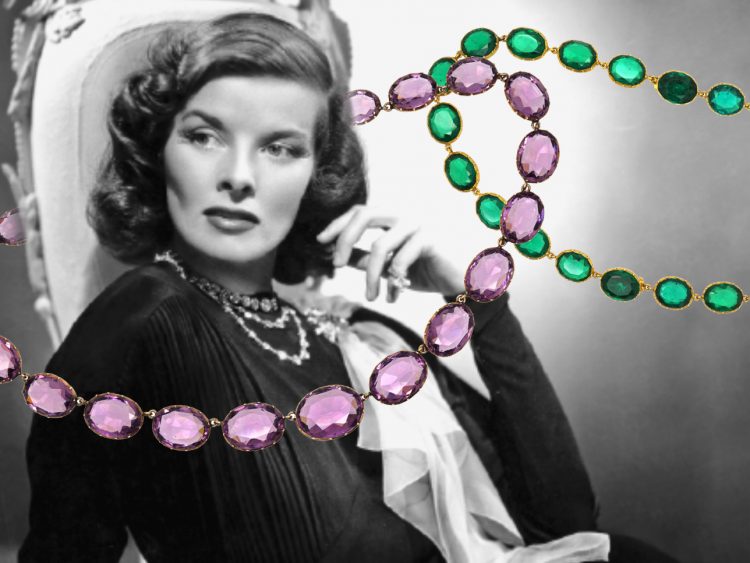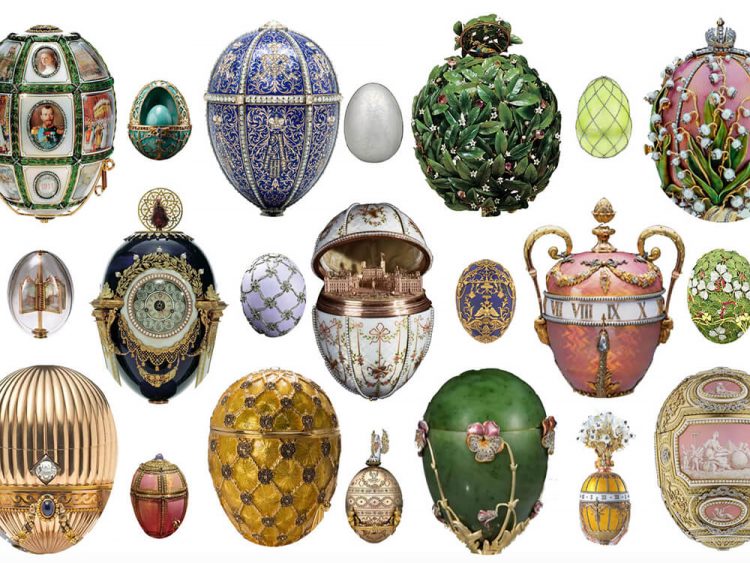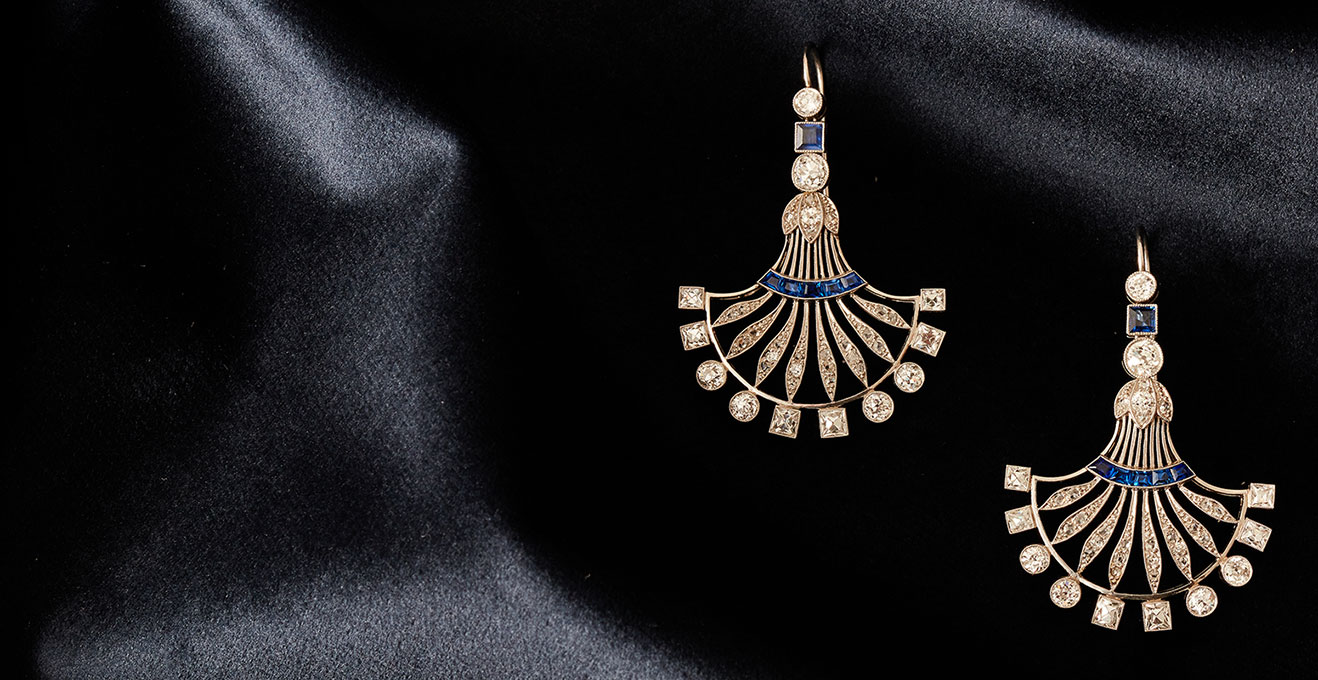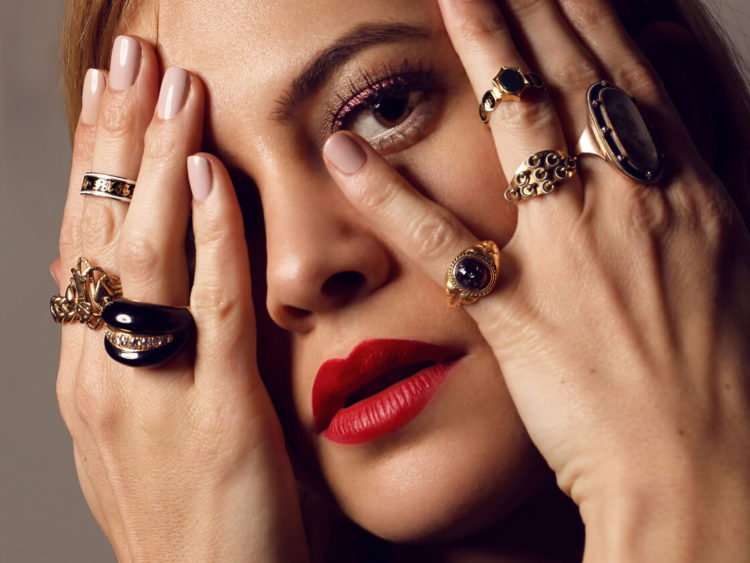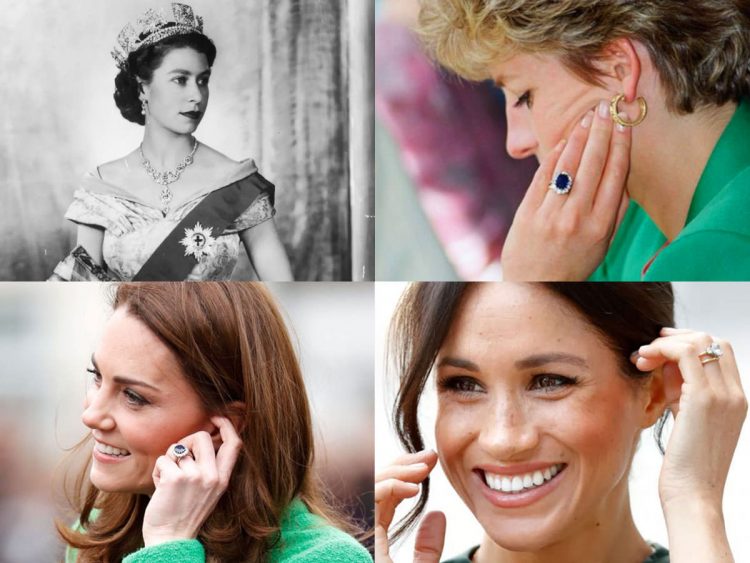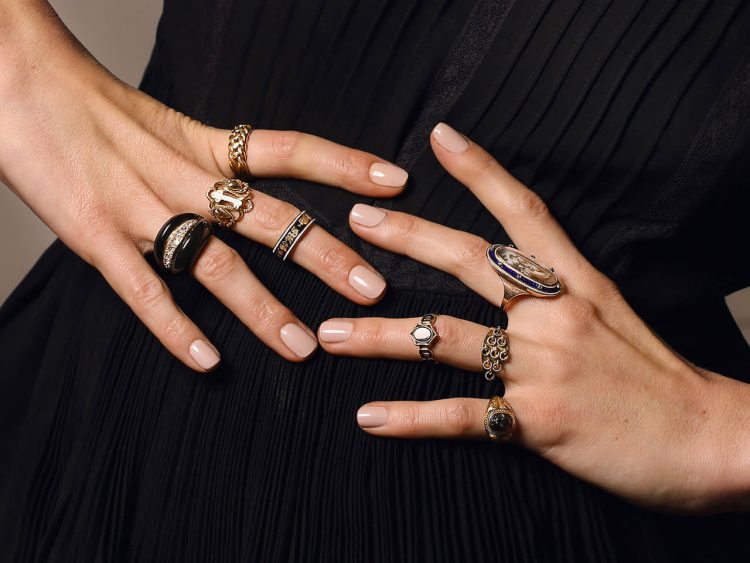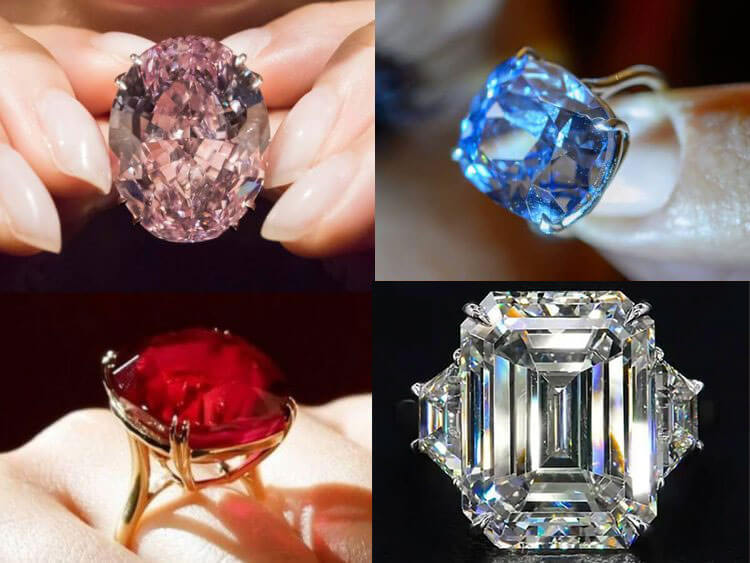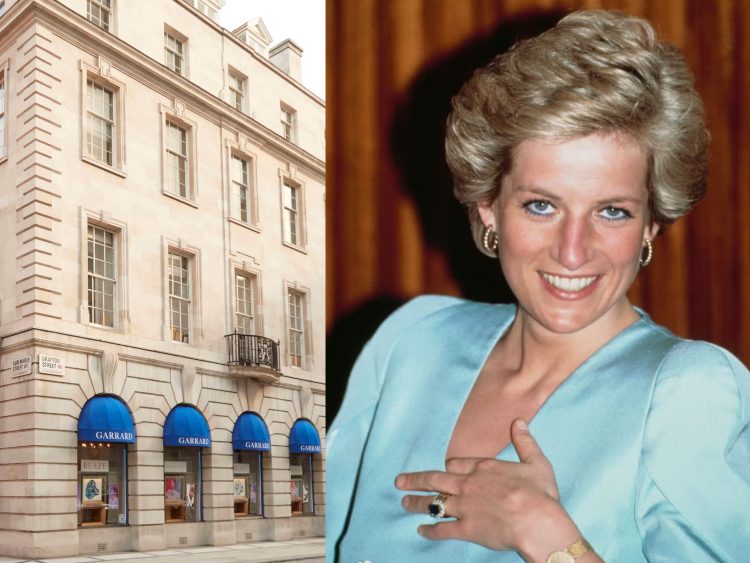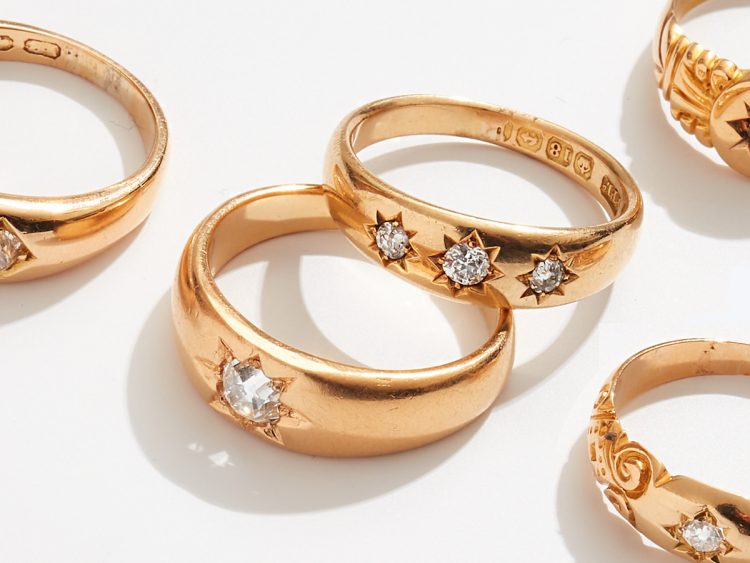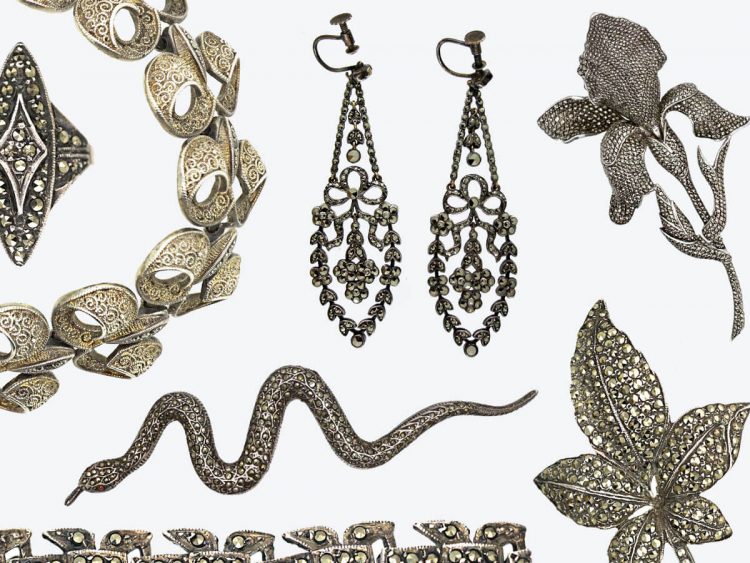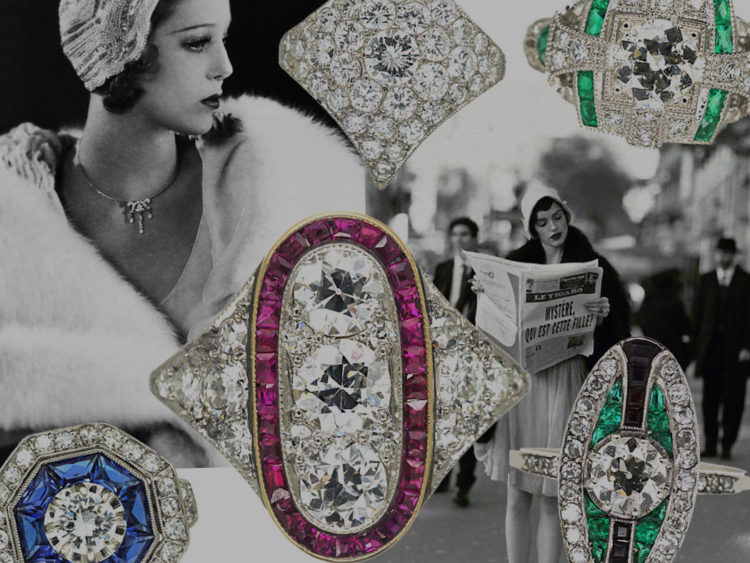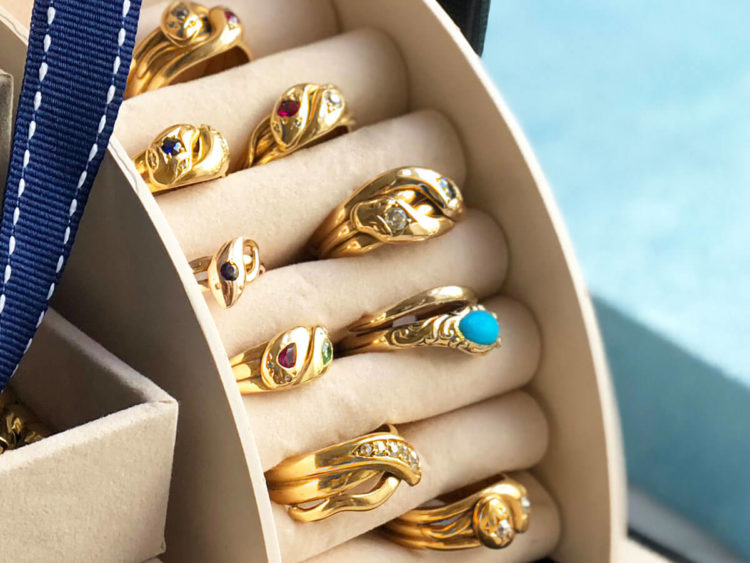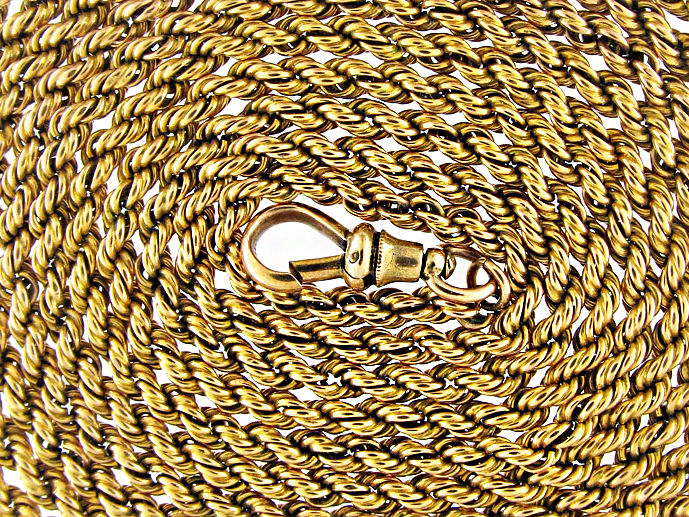-
Your Shopping Bag is empty
The Allure Of Georgian Crosses
The Georgian era, an epoch defined by the four King Georges of England, was characterized by lavish elegance. Jewellery, including crosses, was not merely a decorative accessory, but a testament of religious devotion and an essential fashion statement. These pieces weren’t mere trinkets; they were works of art, symbols of status and expressions of deeply held faith.
Primarily inspired by the Christian faith, Georgian Crosses represented salvation and divine love. They were potent symbols of faith and also high fashion. The wealthy sported crosses crafted from gold or silver, and those of a more modest disposition donned simple, wooden variations. But what truly distinguished Georgian Crosses was the intricate design and the variety of materials used to create these timeless pieces.
Georgian Crosses weren’t just varied in their symbolism, but also in their physical design. The most iconic examples include:
The Latin Cross
Probably the most recognised form of the Christian cross, the Latin Cross was common among Georgian Crosses. The vertical part of the cross is longer than the horizontal, making it a symbol of Jesus’s crucifixion.
The Maltese Cross
Known for its equilateral shape, each of the Maltese Cross’s eight points symbolises a chivalric virtue, including loyalty and bravery.
The Greek Cross
This cross design features arms of equal length, a style popular during the late Georgian period.
Materials were as varied as the designs. Precious metals like gold and silver were often used, as were gemstones like pearls, garnets, diamonds, topaz, citrine and more. Intricate filigree work, enamelling, and repoussé designs were common, reflecting the extraordinary skill of the Georgian artisans.
Georgian Crosses are a collector’s dream, primarily due to their rarity and unique design. The Georgian era predates mass production, ensuring each piece was meticulously handcrafted. This resulted in a distinctiveness that is difficult to replicate in today’s world of machine-made jewellery.
A characteristic feature of Georgian jewellery is the ‘closed-back’ setting, where gemstones were set with a foil backing to amplify their colour and brilliance. The lack of hallmarking during this period further enhances the allure of Georgian Crosses, making them a delightful puzzle for historians and jewellery enthusiasts alike.
Many of these crosses didn’t survive the passage of time, having been melted down or dismantled to create more contemporary pieces. Thus, finding a true Georgian Cross today feels like unearthing a historical treasure.
Georgian Crosses are like time capsules, offering us a tangible piece of the past. They embody a romantic nostalgia for an era when jewellery was a personal, intimate expression of one’s faith, status, and aesthetic sensibility.
These crosses capture the essence of the Georgian era’s love for grandeur and intricate craftsmanship, bringing history to life in a way that few other pieces can. They are a testament to a time when jewellery was a work of art, a labour of love and a deeply personal statement of faith.




 Free Worldwide Delivery
Free Worldwide Delivery View All
View All
 Diamond
Diamond
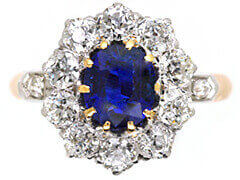 Sapphire
Sapphire
 Emerald
Emerald
 Ruby
Ruby
